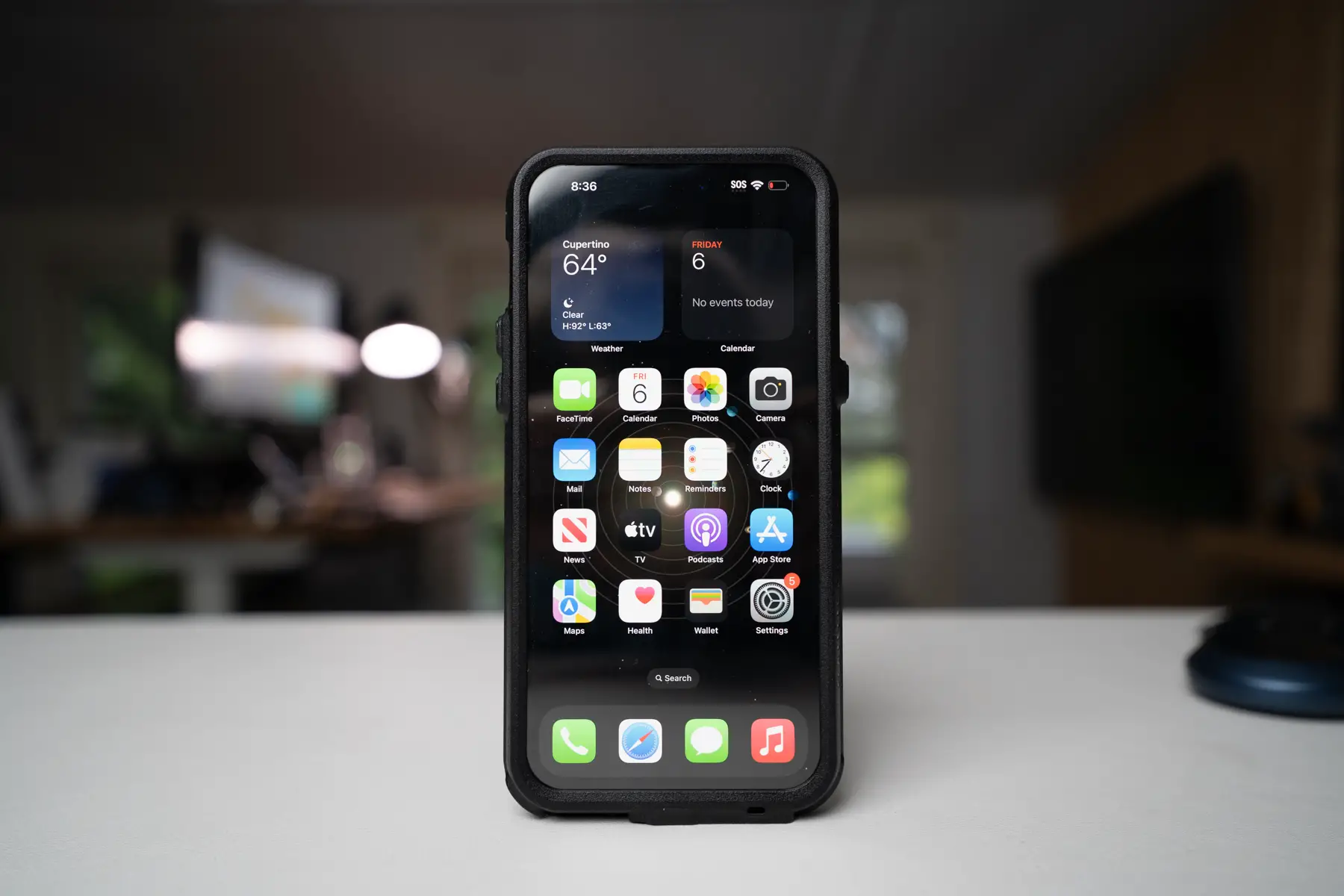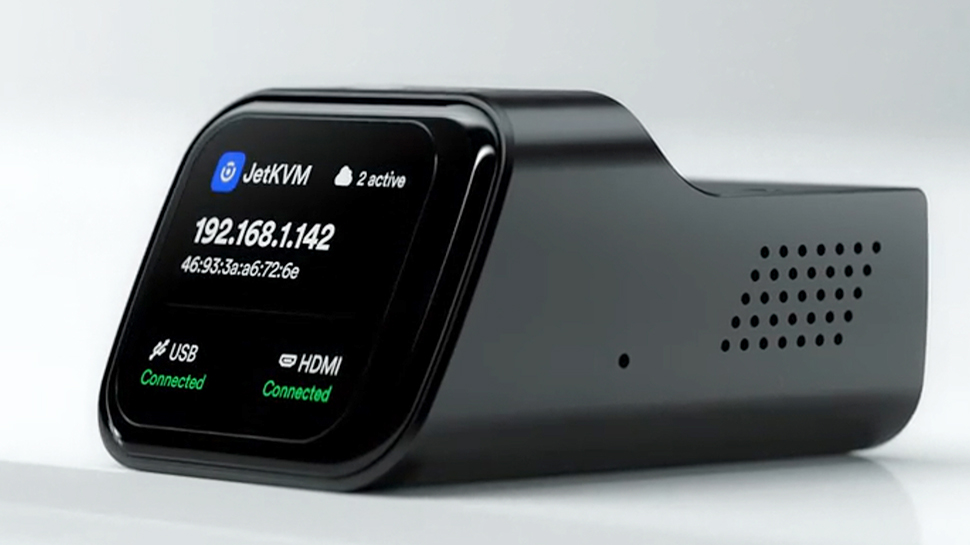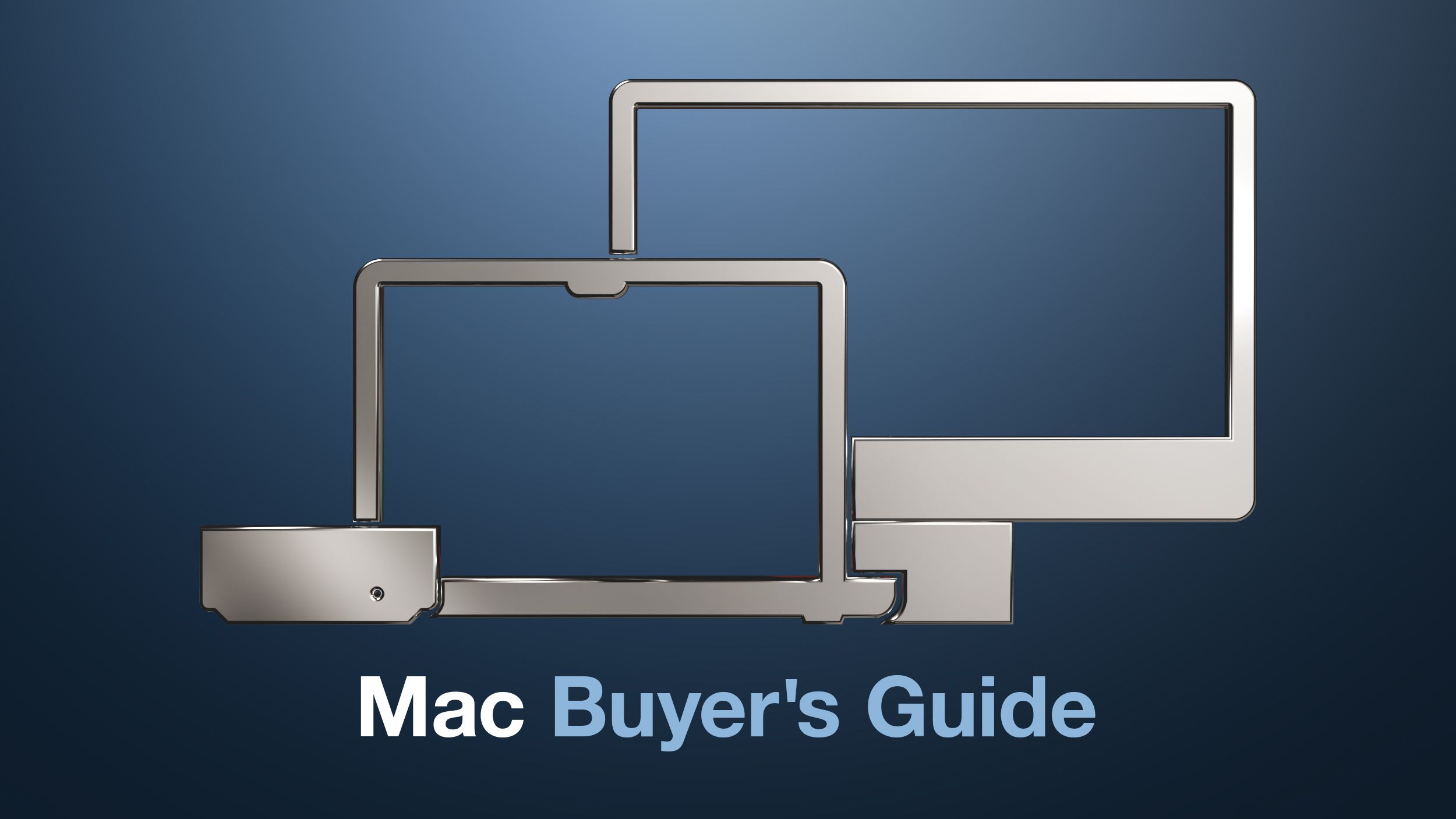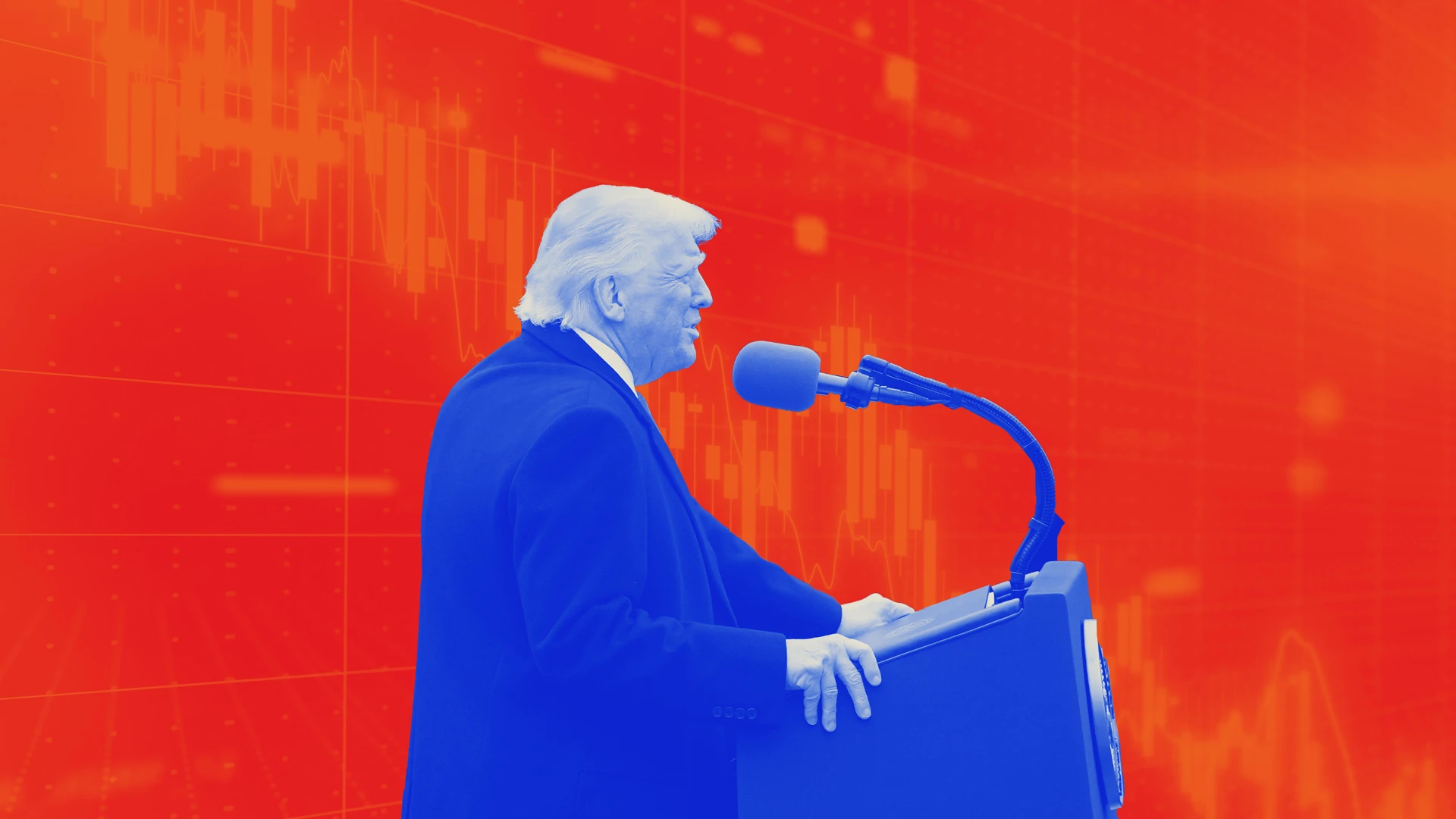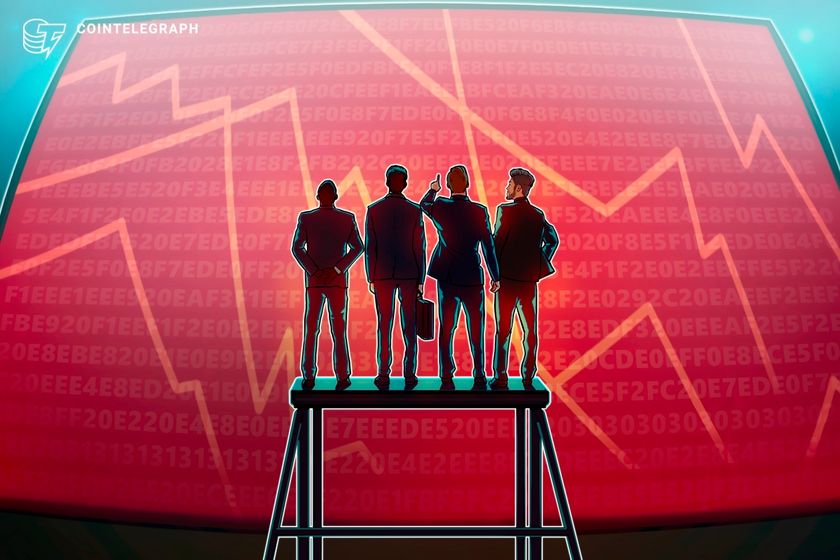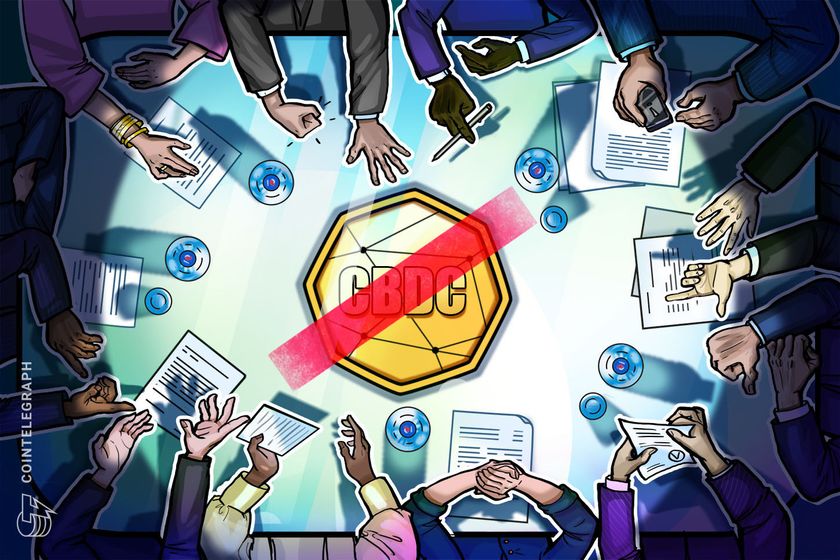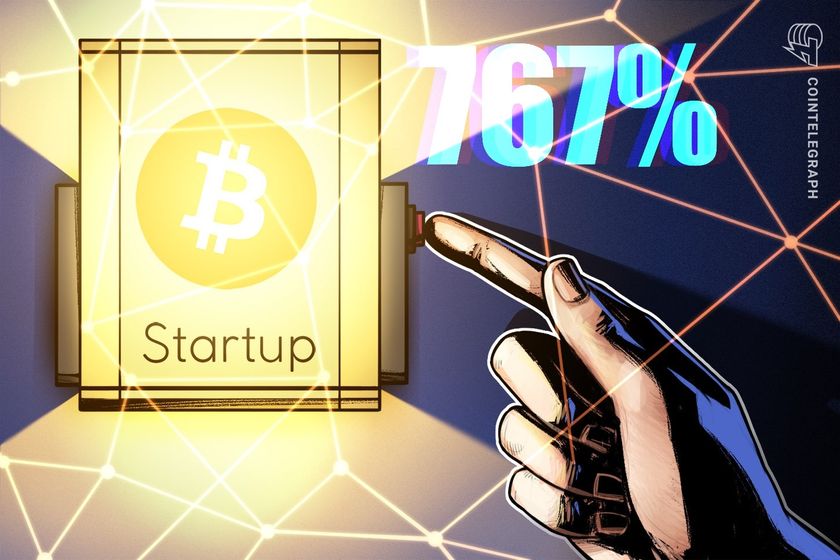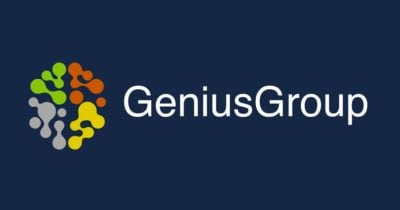As US Defense Tech Surges, Europe Lags
Defense tech investing in Europe hit a new high last year, with nearly $626 million being plowed into VC-backed startups in the industry, per Crunchbase data, but is dwarfed by the $2.5 billion that went to such startups in the U.S.

Last week, news broke that Anduril Industries — perhaps the poster child for defense tech startups — is considering plans to open a factory in the U.K.
The startup, valued now at $14 billion, recently received a nearly $40 million contract from the U.K. government to supply drones to Ukraine — as the Russia-Ukraine conflict continues into its third year, as does conflict in the Middle East region.
However, those geopolitical tensions have not convinced investors across the pond to start pouring millions into the defense tech sector like their U.S. counterparts.
Defense tech investing in Europe hit a new high last year, with nearly $626 million being plowed into VC-backed startups in the industry, per Crunchbase data.
However, that amount accounts for less than one-fifth of the nearly $3.2 billion invested globally in VC-backed defense tech startups, and is dwarfed by the $2.5 billion that went to such startups in the U.S.
While it’s true Europe makes up about one-sixth of the global venture market in general, it’s also worth noting that the vast majority of the continent’s defense tech money went to one round: Helsing, which develops artificial intelligence software for defense applications, raised about $489 million in funding led by General Catalyst that valued the company at $5.4 billion in July. The Germany-based startup designs software that helps boost weapons capabilities in drones and jet fighters, and improves battlefield decision-making.
U.S. dominance
The Helsing round represents the only round raised by a Europe-based defense tech startup of more than $80 million.
Next on the list are aerospace and defense tech startup The Tekever Group, which raised a Series B worth about $75 million, and Germany-based FibreCoat, a thermoplastic-coated fibres developer that raised a Series B worth more than $21 million last year.
That is quite different from the numbers U.S.-based defense tech startups put up last year. The $2.5 billion such startups locked up in the U.S. in 67 deals — per Crunchbase data — included 14 deals bigger than $14 billion.
They included monster rounds such as Anduril Industries’ massive $1.5 billion in a Series F, autonomous surface vessels maker Saronic’s $175 million Series B at a $1 billion valuation, and defense and critical infrastructure tech startup Chaos Industries’ $145 million in a Series B.
Room to grow?
U.S.-based defense tech startups have continued their big-money fundraising trend into this year. Already, U.S. startups have raised $1.5 billion in just 15 deals.
Europe, on the other hand, has seen similar startups raise just more than $1 million in a couple of deals.
While the European numbers are small, there is a chance that could change.
Just last year, the NATO Innovation Fund made its first investments and has now completed more than a half-dozen deals into startups. It has also backed “venture capital fund managers that invest in early-stage deep tech with a focus on civilian, and defence, security and resilience markets.”
There is also the fact the U.S. is often ahead of the curve on the next hot sector to invest in as far as startups go. Europe, especially considering changing world politics and current conflicts, may quickly turn to defense tech as a logical investment opportunity.
However, there is a long way to go. U.S.-based startups closed nearly 3x the number of funding rounds last year as did their European brethren: 67 vs 23.
Both deal flow and dollars will have to increase if Europe is even to come close to the current funding environment in the U.S. around defense tech.
Methodology
Defense tech is defined by the industries of military, national security and law enforcement, according to Crunchbase data. Most announced rounds are represented in the database; however, there could be a small time lag for rounds reported late in the quarter. It does not include incubators or accelerators due to the fluctuations their investment numbers can have.
Related Crunchbase Pro list:
Related reading:
- Defense Tech Venture Funding Gains Traction
- Weapons Startup Castelion Strikes $100M Series A
- A16z And Founders Fund Lead The Way In Defense Venture Capital
- Chaos Industries Lands $70M As Defense Tech Heats Up
- Parry Labs Raises $80M As Defense Tech Remains On A Tear
- Chaos Industries Locks Up $145M Series B As Defense Tech Continues To Heat Up
- Saronic Latest Defense Tech Startup To Hit Unicorn Status
Illustration: Dom Guzman



















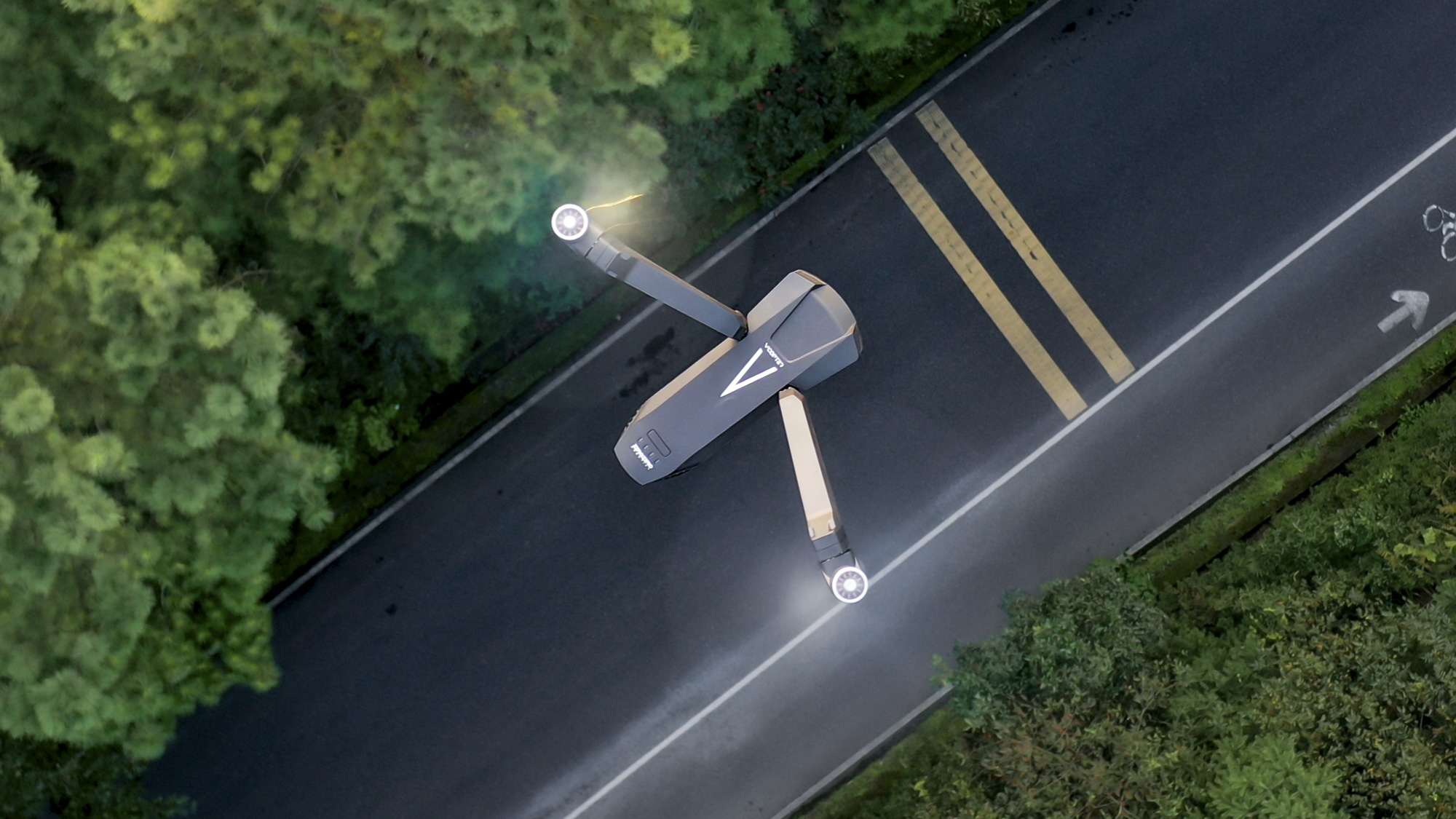















































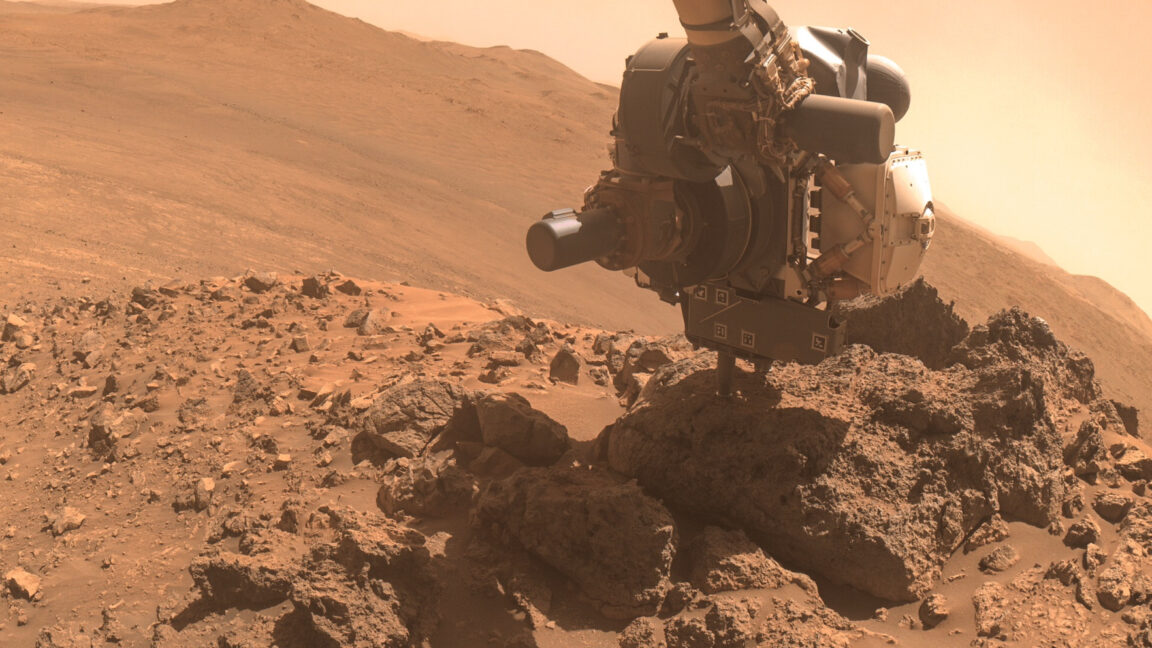










































































































![[The AI Show Episode 142]: ChatGPT’s New Image Generator, Studio Ghibli Craze and Backlash, Gemini 2.5, OpenAI Academy, 4o Updates, Vibe Marketing & xAI Acquires X](https://www.marketingaiinstitute.com/hubfs/ep%20142%20cover.png)















































































































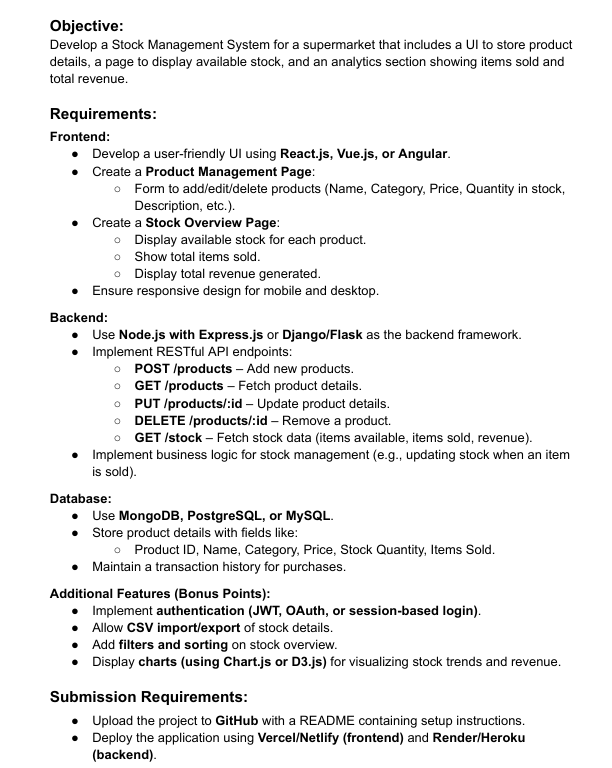

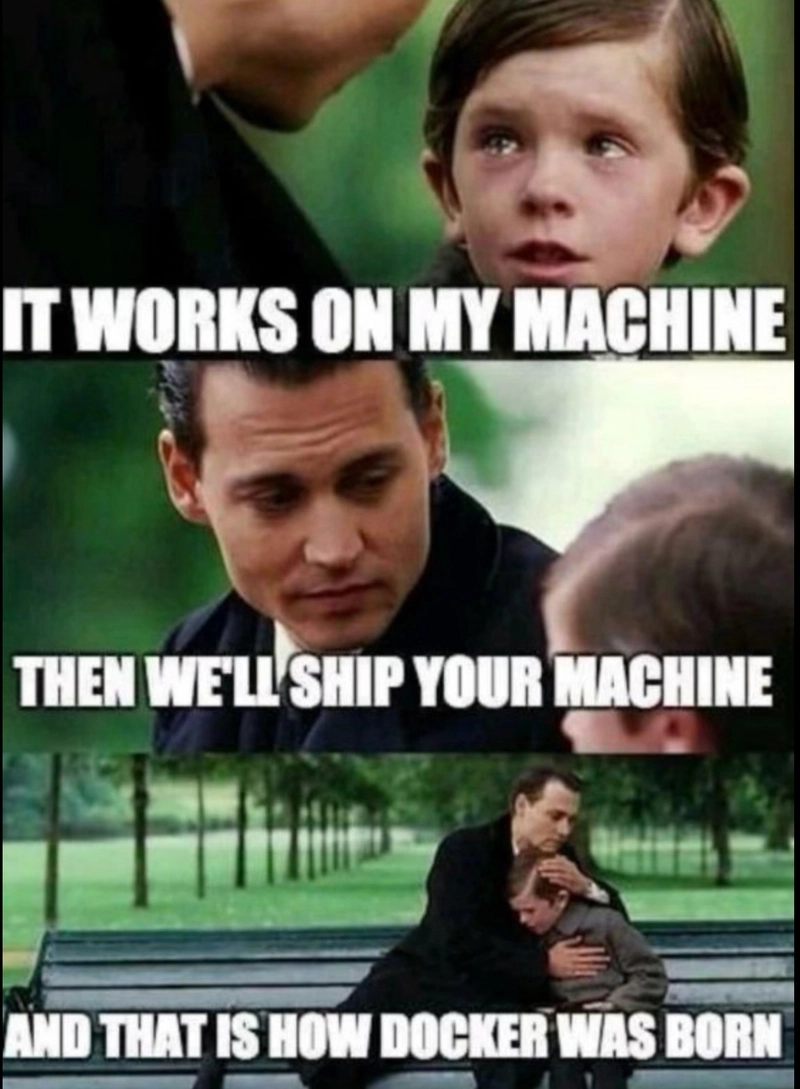













![[DEALS] Microsoft Office Professional 2021 for Windows: Lifetime License (75% off) & Other Deals Up To 98% Off – Offers End Soon!](https://www.javacodegeeks.com/wp-content/uploads/2012/12/jcg-logo.jpg)

















































































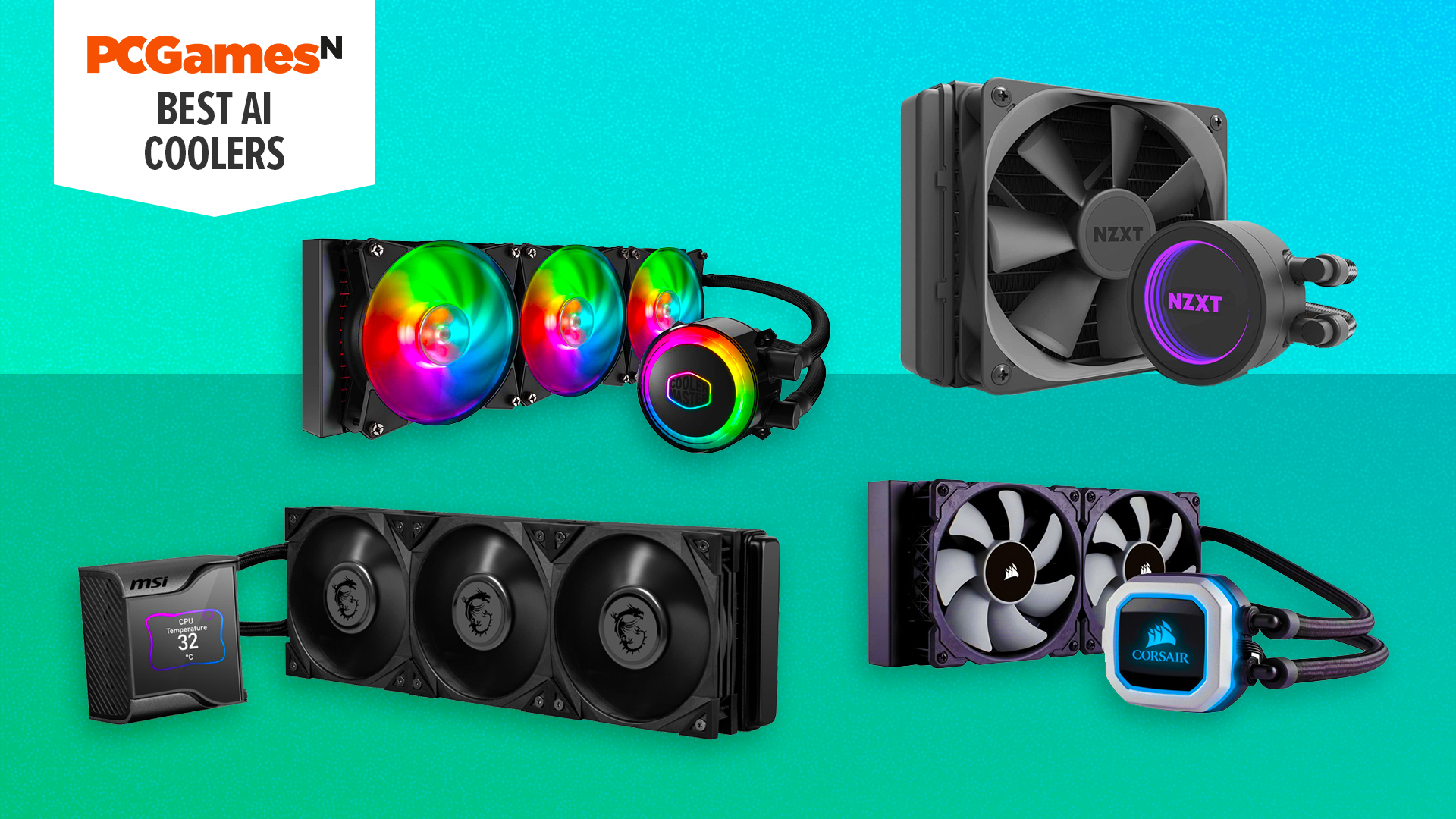














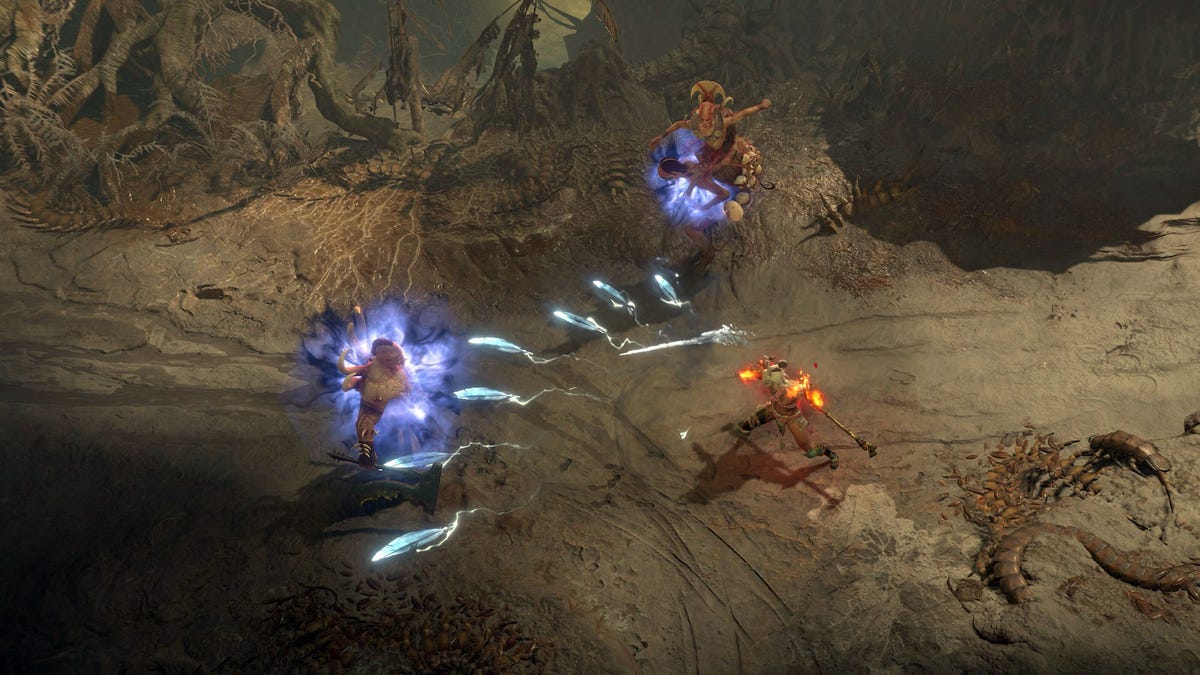
















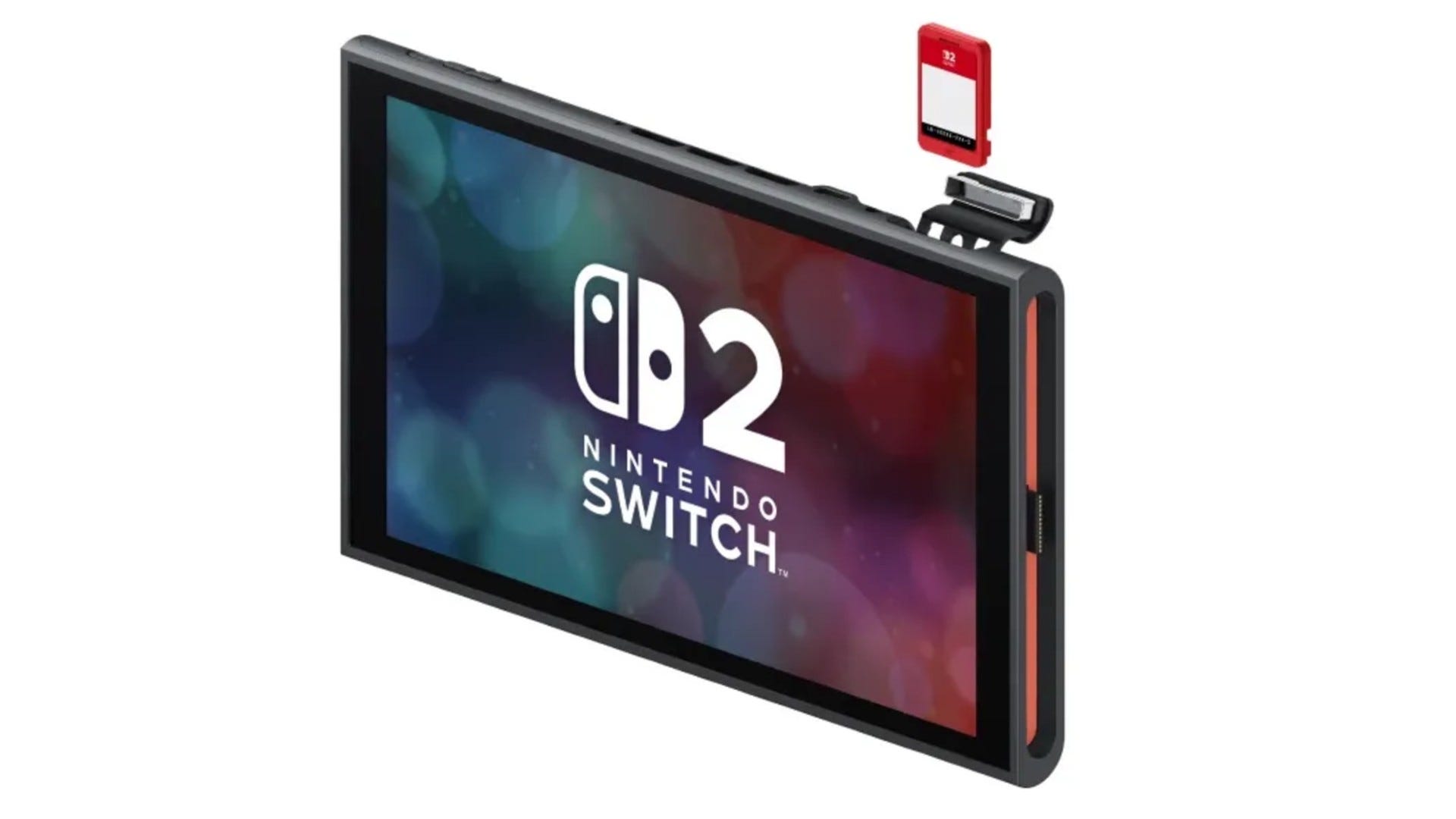



























_Anthony_Brown_Alamy.jpg?#)
_Hanna_Kuprevich_Alamy.jpg?#)




.png?#)


































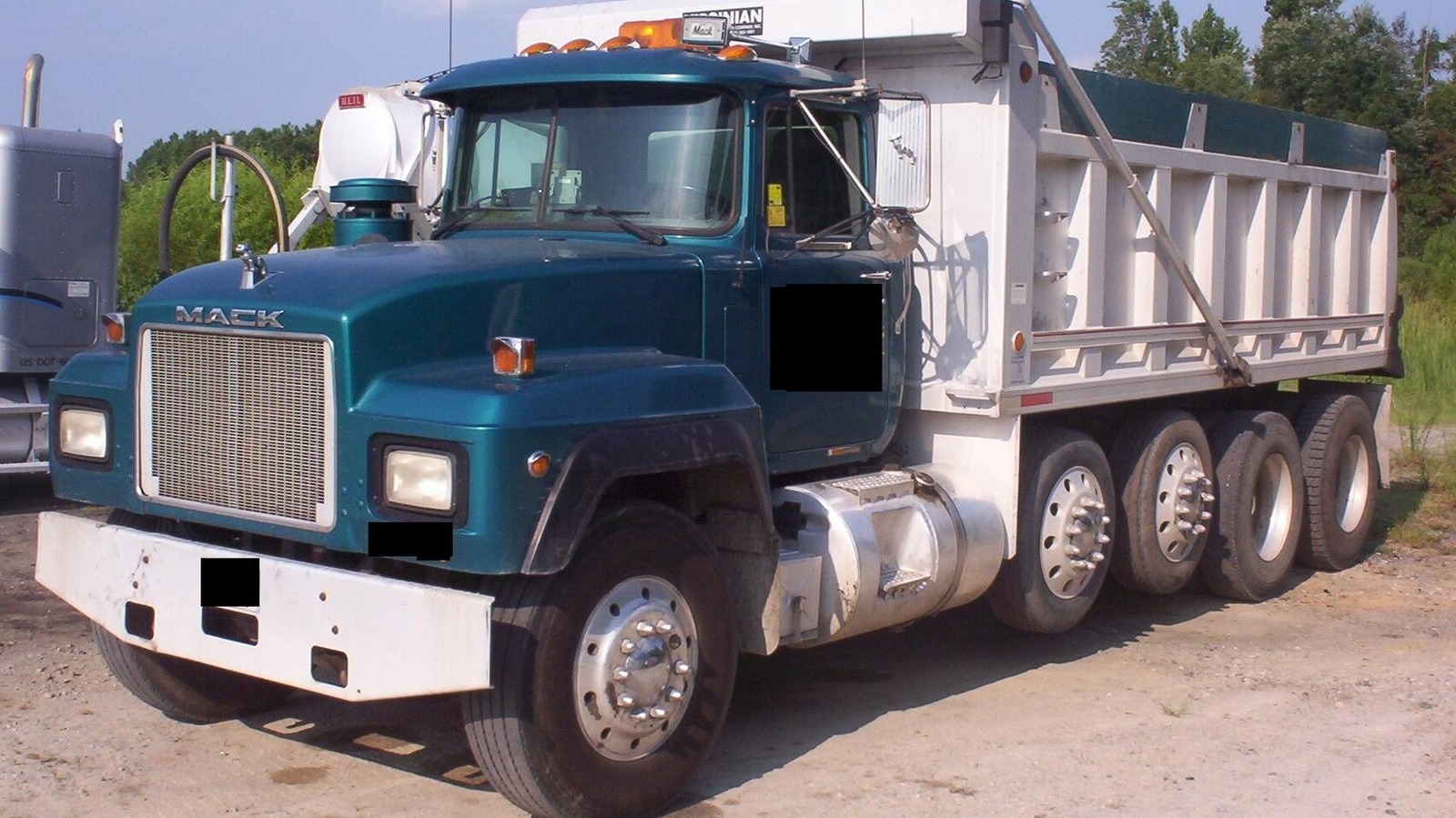














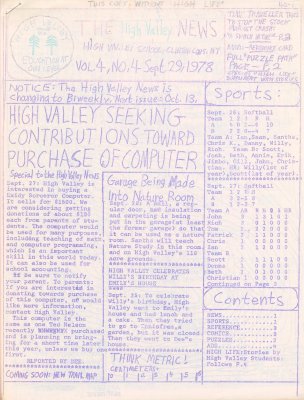

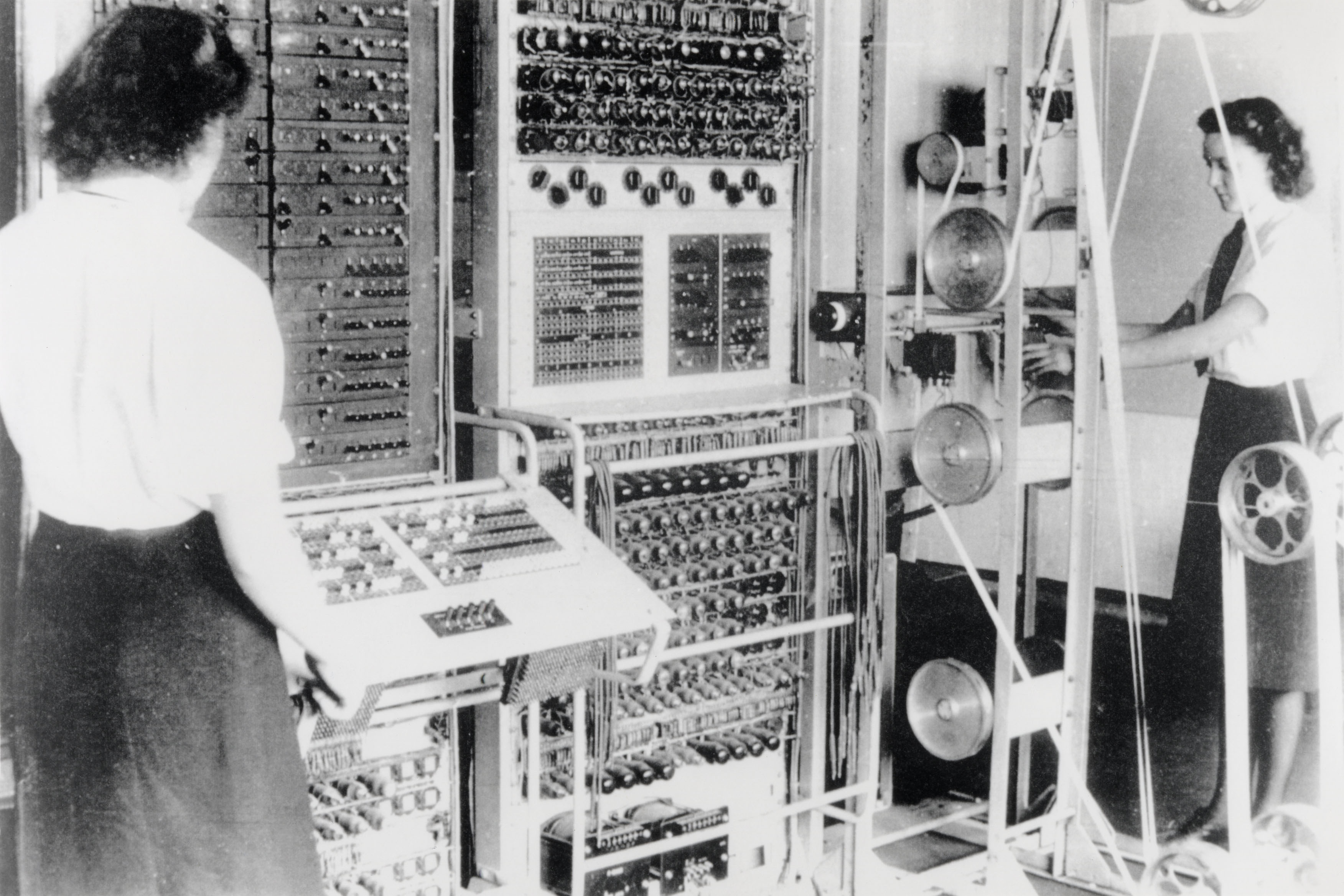
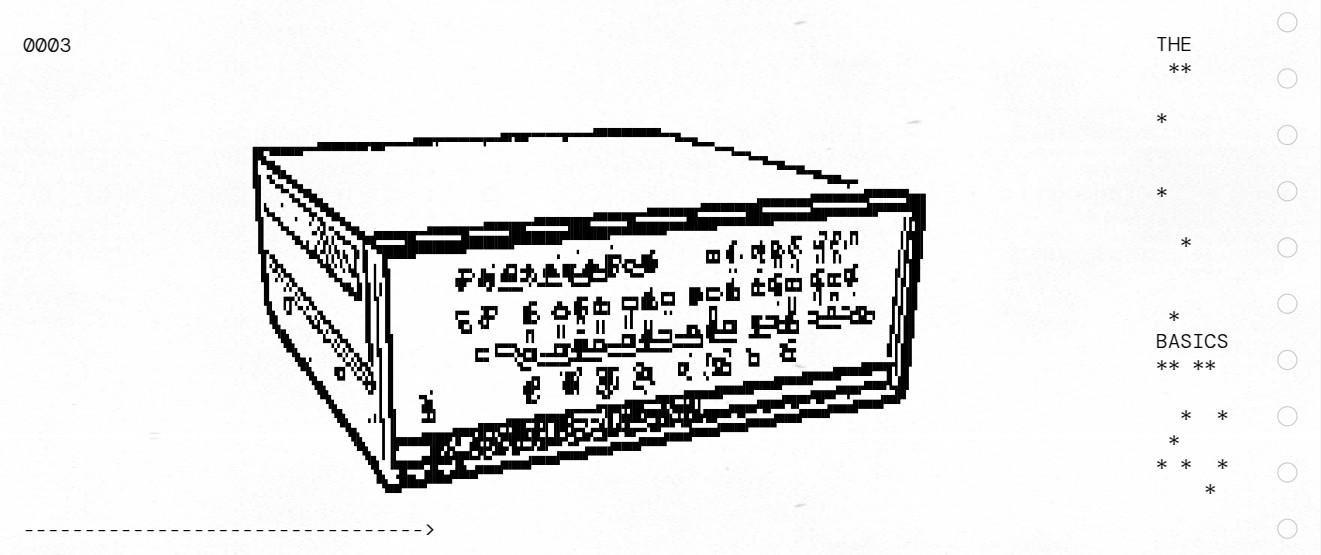



















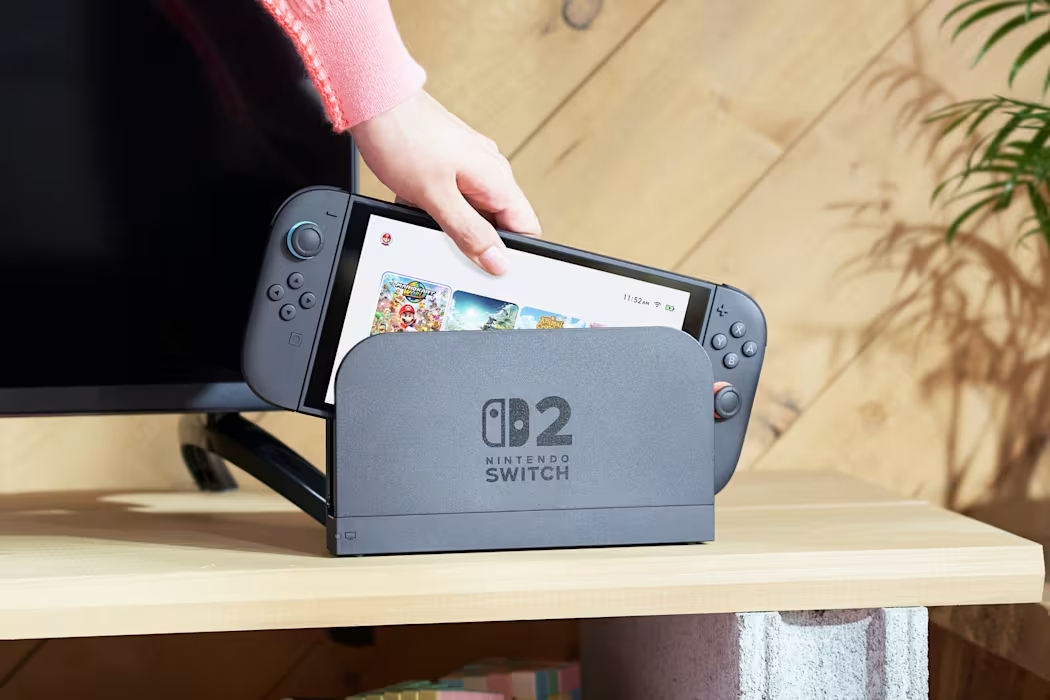
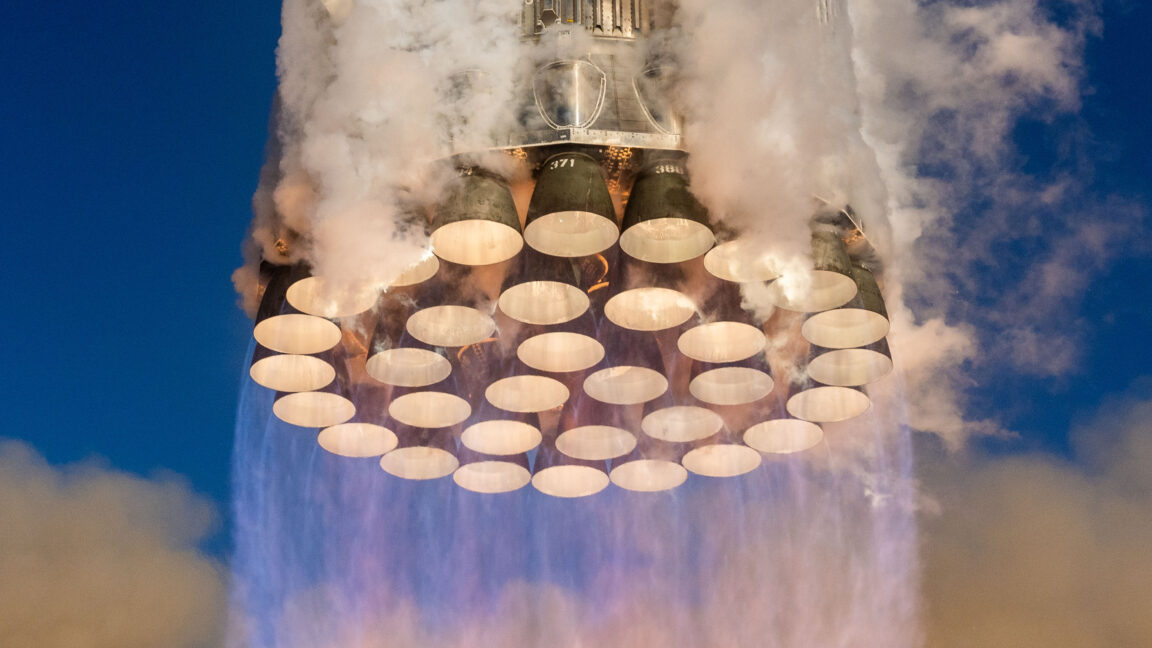






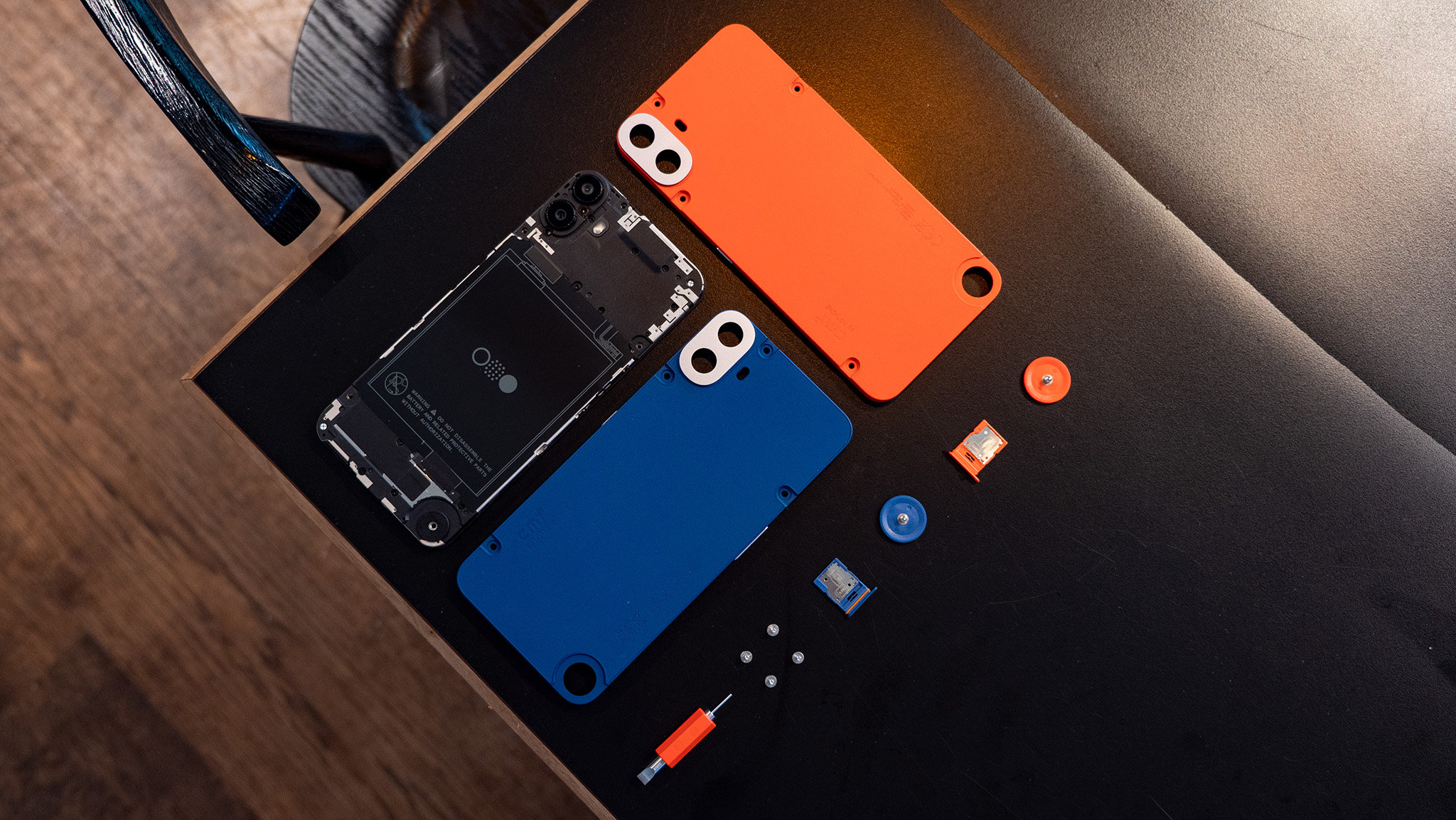

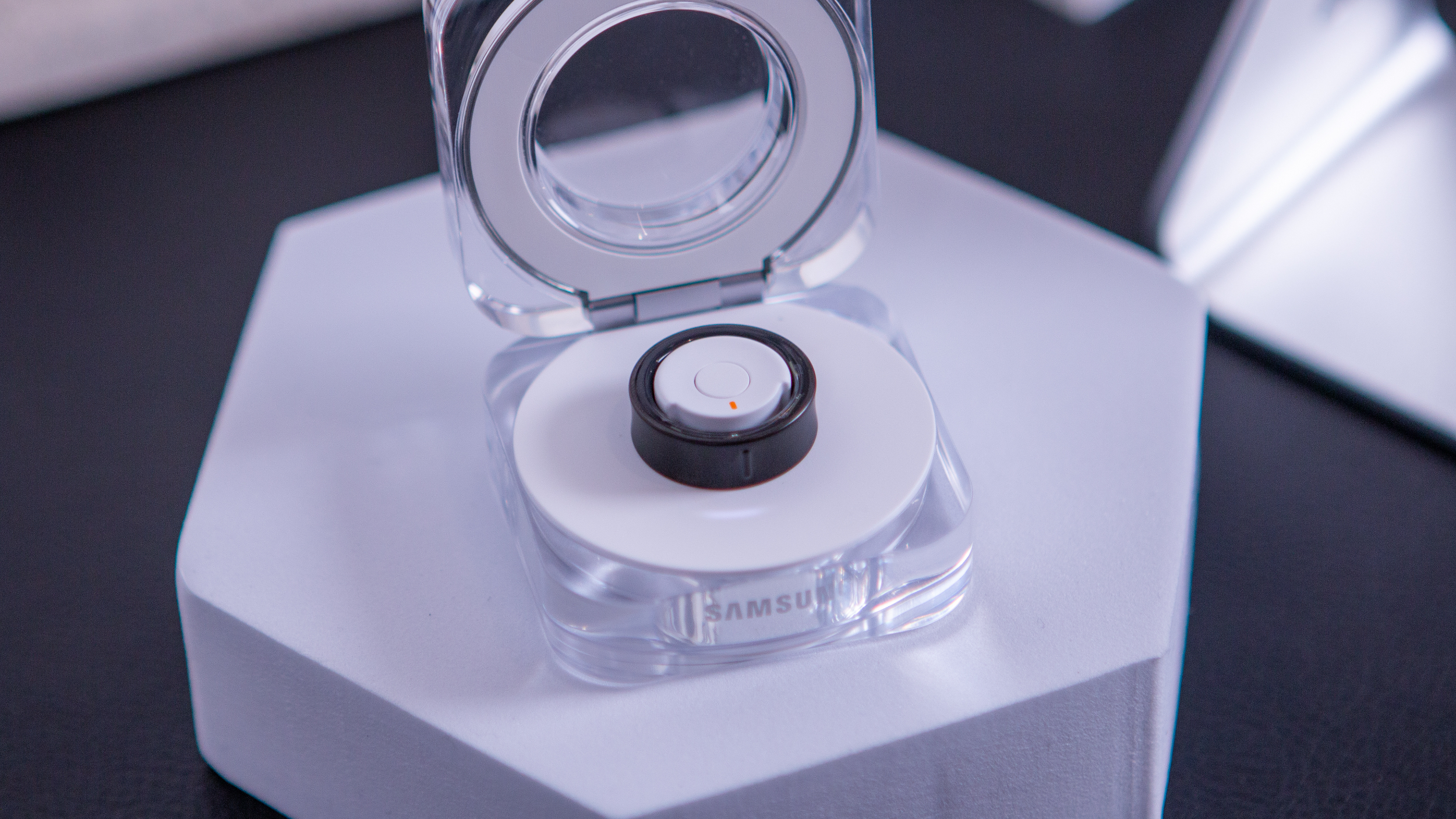
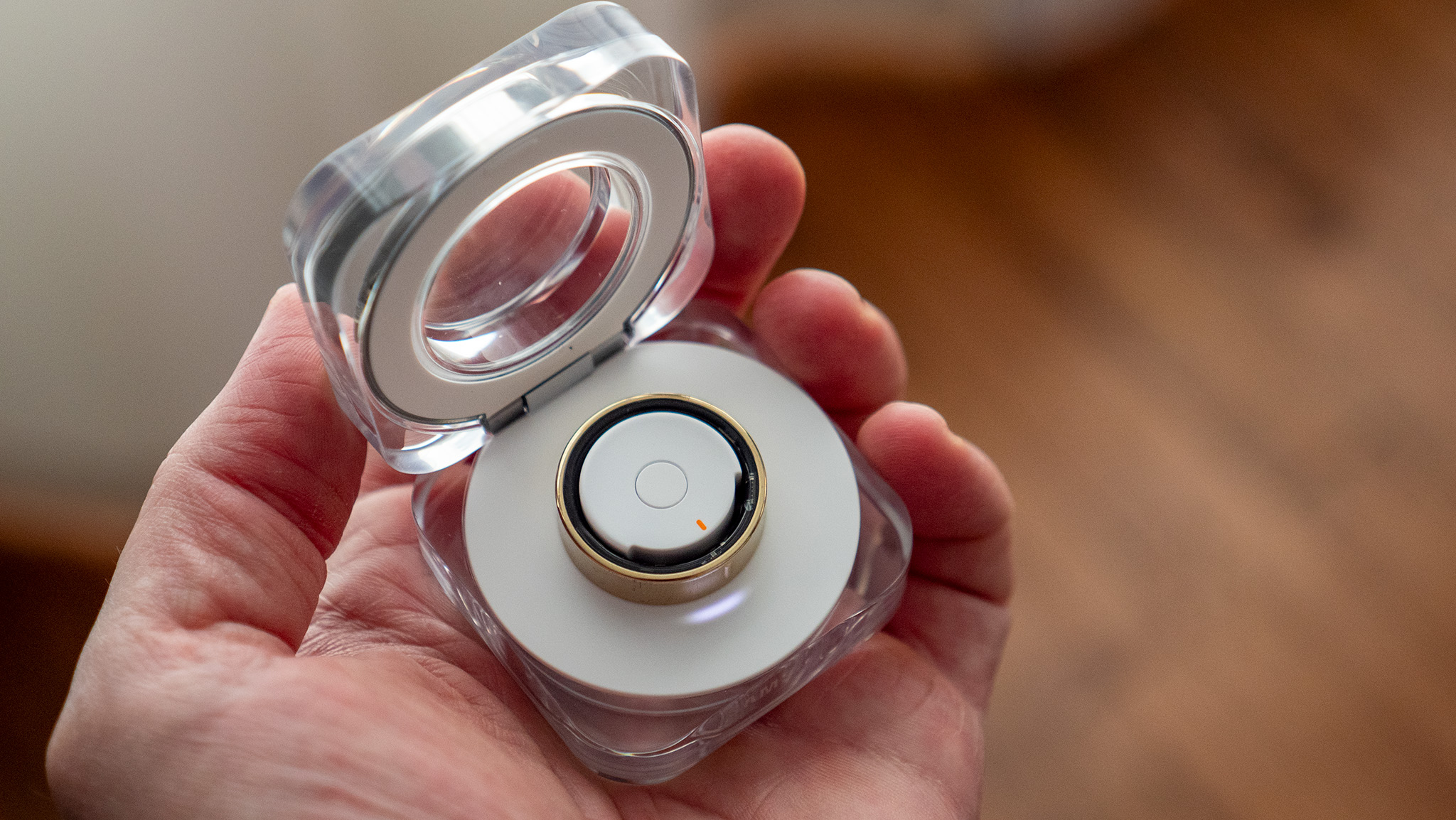





![Hands-on: We got to play Nintendo Switch 2 for nearly six hours yesterday [Video]](https://i0.wp.com/9to5toys.com/wp-content/uploads/sites/5/2025/04/Switch-FI-.jpg.jpg?resize=1200%2C628&ssl=1)
![Fitbit redesigns Water stats and logging on Android, iOS [U]](https://i0.wp.com/9to5google.com/wp-content/uploads/sites/4/2023/03/fitbit-logo-2.jpg?resize=1200%2C628&quality=82&strip=all&ssl=1)










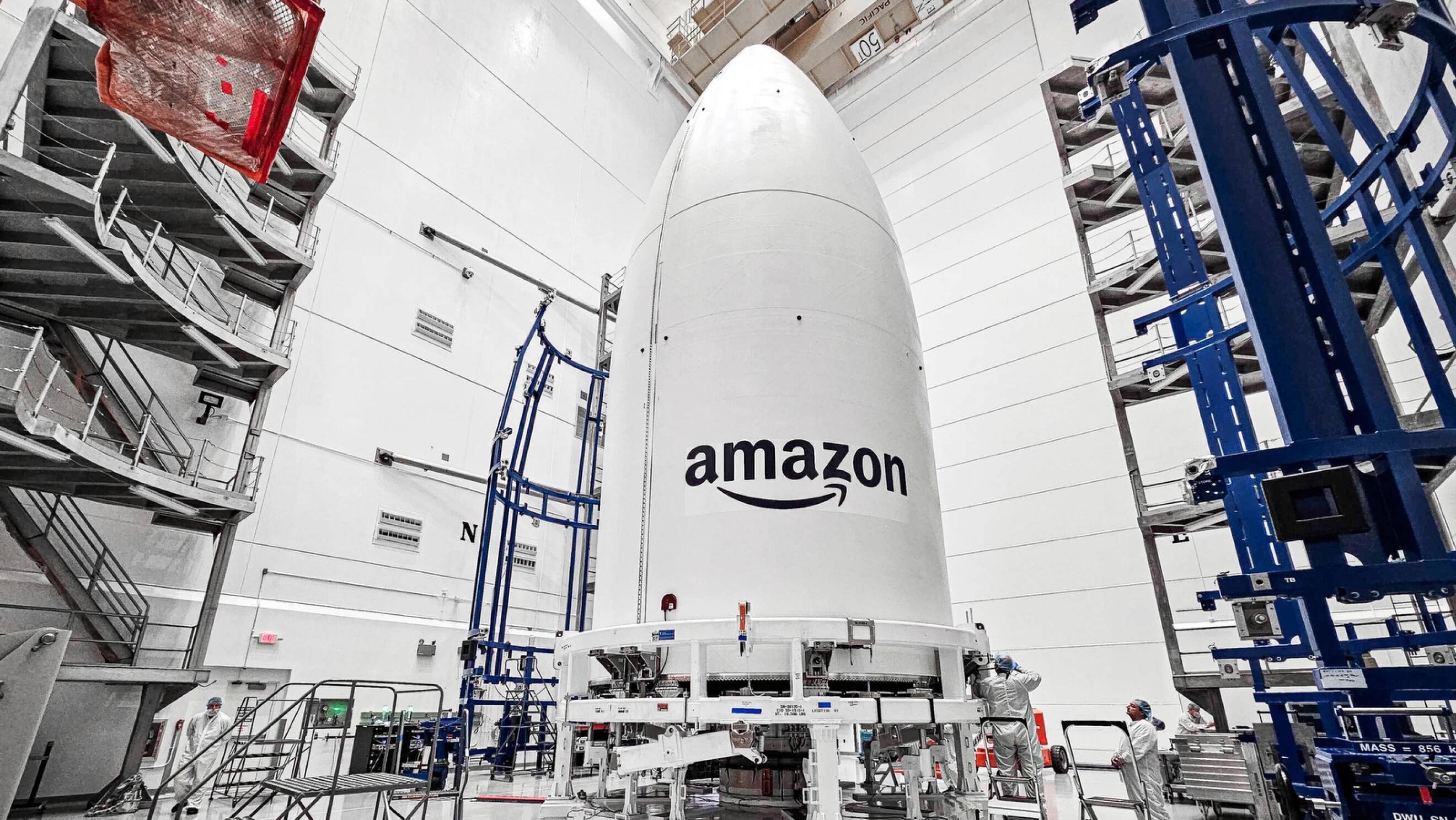



![YouTube Announces New Creation Tools for Shorts [Video]](https://www.iclarified.com/images/news/96923/96923/96923-640.jpg)

![Apple Faces New Tariffs but Has Options to Soften the Blow [Kuo]](https://www.iclarified.com/images/news/96921/96921/96921-640.jpg)













